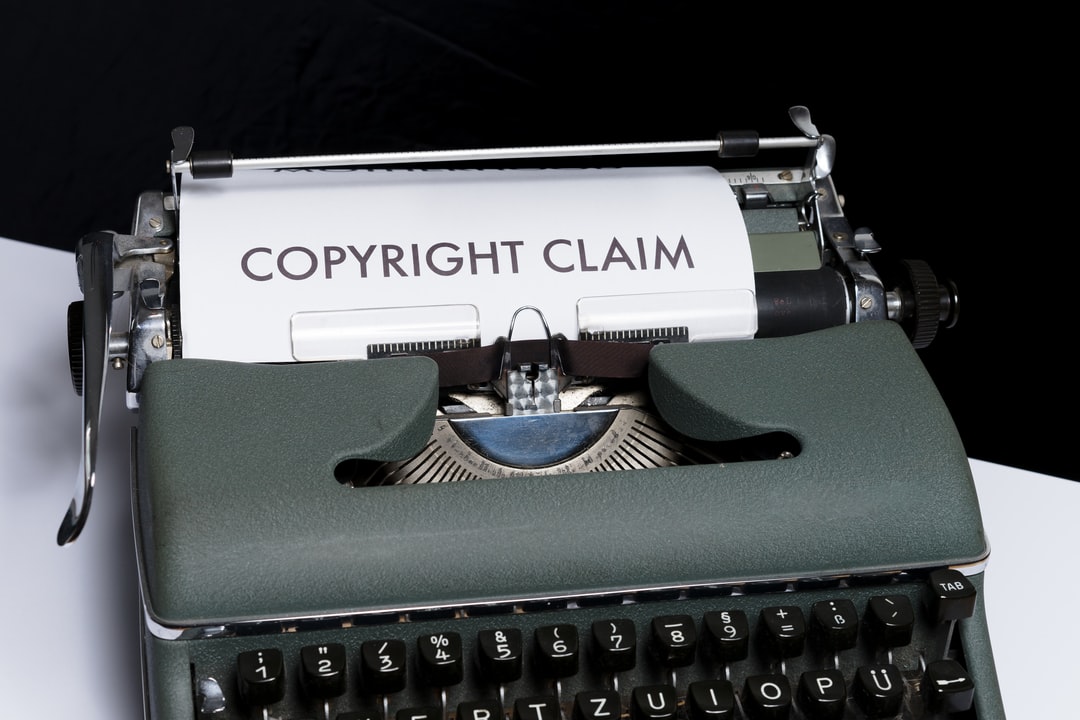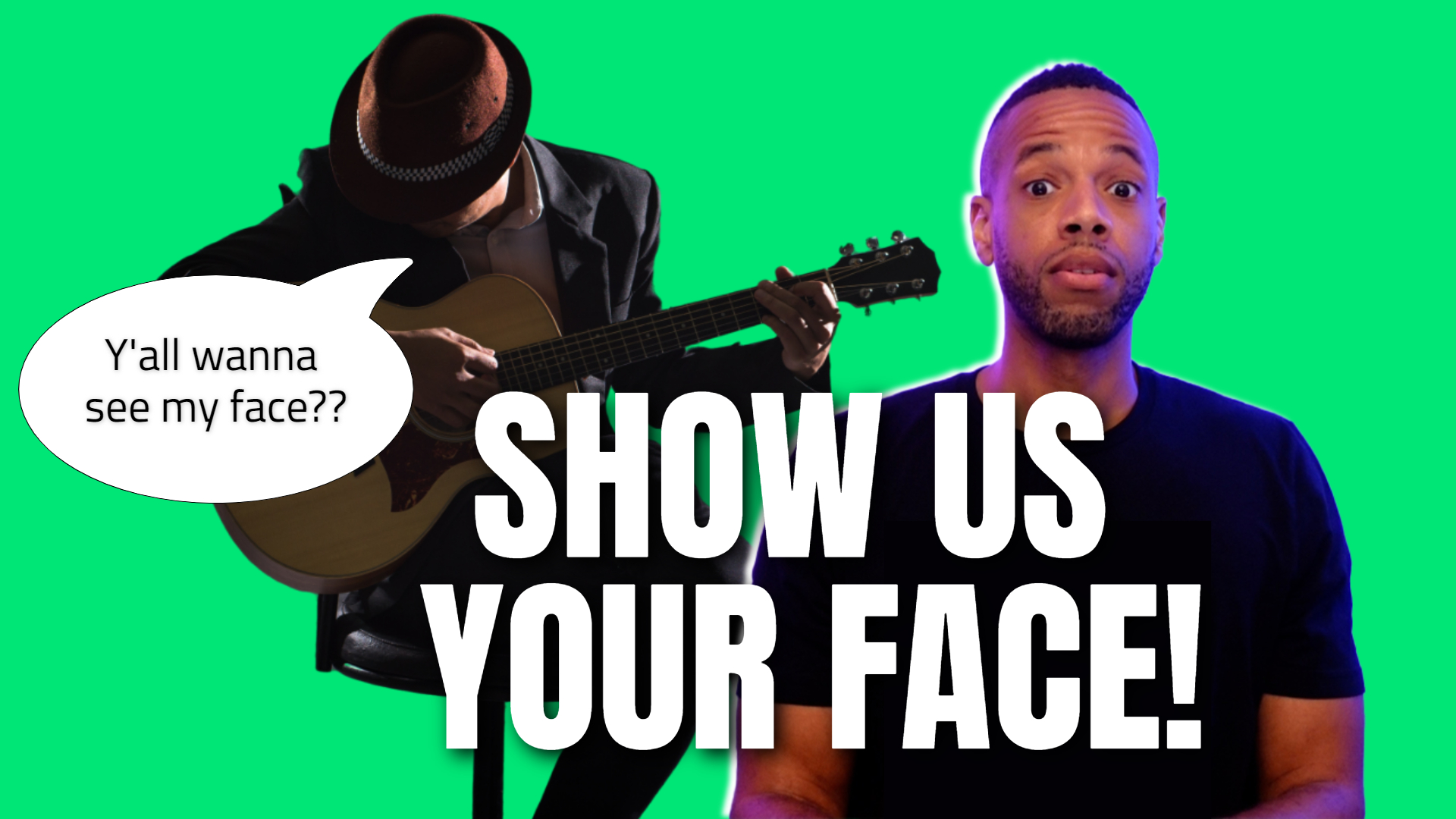7 Famous Music Copyright Cases (& Their Legal Outcomes)

*This article may contain links to affiliate products & services. We have reviewed these services to try and ensure the highest quality recommendations*
Written by Ramsey Brown.
The digital era has created an influx in the amount of music produced and consumed — which has simultaneously led to an increasing number of music copyright infringement cases within the last decade.
With music being so easily accessible and shareable, the creator’s intellectual property is more vulnerable now than ever before. But make no mistake, copyright infringement lawsuits have rattled the music industry long before the age of streaming.
Music copyright is a notoriously complicated subject — and the fine line between infringement and inspiration makes it even more complicated.
Music is an art form made through constant inspiration and adaption of sounds from artists who came before us. The majority of today’s pop songs rely on familiar song structures with simple, catchy melodies; making accidental copies almost inevitable.
Despite the primary aim of the Copyright Act, which is to protect an artist’s creative expression from being stolen or plagiarized, several prominent musicians have found themselves at ends with the law.
Copyright lawsuits seem to be a dime a dozen these days. Some cases get dropped and others change the course of the music industry forever. From unlicensed samples to suspiciously similar melodies, let’s take a look back at some of the most famous rulings in copyright case history:
1. Johnny Cash vs. Gordon Jenkins
Songs: 'Folsom City Blues' vs. 'Crescent City Blues'
Though he’s little known now, in the 1940s, Gordon Jenkins was one of the biggest names in pop. He worked as a songwriter and producer for some of the greatest singers of the time, including Billie Holiday, Louis Armstrong, Frank Sinatra, and Nat King Cole.
Folsom City Blues is one of Johnny Cash’s most beloved hits but a later lawsuit would reveal that Cash blatantly took word-for-word lyrics from Jenkins' Crescent City Blues and used them as his own.
Because Cash was known for writing his own music and Jenkins’ Crescent City Blues was unknown at the time, it seemed like an easy steal for Cash to borrow the melody and lyrics from Jenkins.
The Verdict:
In the early 70s, 15 years after Cash’s version of the song was released, Jenkins filed suit in U.S. District Court in New York, charging Cash for copyright infringement for using so much of his own song, Crescent City Blues.
It only took one trial to settle the case between Cash and Jenkins. Resulting in Cash eventually paying out $100,000 to Jenkins to drop the charges and to waive all future rights and royalties to the song.
2. Vanilla Ice vs. Queen & David Bowie
Songs: 'Ice Ice Baby' vs. 'Under Pressure'
Anyone who has heard both Ice Ice Baby and Under Pressure can clearly hear the similarities between the two songs.
Under Pressure was one of the biggest hits of its time with an undeniable bass line and guitar riff. This Queen and David Bowie collab made a lasting impact on pop music and the overall music industry when it was used and sampled by Vanilla Ice in 1990, without legal permission.
Rapper Vanilla Ice lifted Queen and Bowie's famous guitar riff as the bass line for his huge hit, Ice Ice Baby. He attempted to defend his case by saying that he made the riff his own when he added a single note at the end. Clearly not different enough — Queen and Bowie sued Vanilla Ice for the unauthorized use of their music
The Verdict:
In this instance, Vanilla Ice willfully used a classic hook without permission and ended up paying the price for it. The case was settled out of court, costing Ice an undisclosed sum of money. Bowie and members of Queen all received songwriting credits on the track.
Ice later revealed that buying the copyright to the song himself was actually cheaper than fighting the case in court. So that’s exactly what he did. However, some argue that isn't enough to make up for the potential credibility lost by Queen and David Bowie, who are now linked to him through a collaboration they had no choice in joining.
3. The Beach Boys vs. Chuck Berry
Songs: 'Surfin' U.S.A.' vs. 'Sweet Little Sixteen'
In 1963, The Beach Boys released their classic hit, Surfin' U.S.A. It was no secret that the group was largely inspired by rock & roll pioneer, Chuck Berry, as they often incorporated Berry’s songs into their early concerts.
Before the release of Surfin' U.S.A., Chuck Berry’s released his song, Sweet Little Sixteen. Berry’s song was about a teenage girl who dances her way across the U.S.A., listing the various cities she would “rock” around.
Five years later, The Beach Boys simply tweaked this idea by listing various US beaches surfers were flocking to. Not only did The Beach Boys use very similar lyrics to those of Berry’s but the melody of both tracks are almost identical as well.
Beach Boys' composer Brian Wilson said he intended the song as a tribute to the rock guitarist, but Berry's lawyers used another term — plagiarism. Simply because Berry had never given the Beach Boys permission to use his song.
The Verdict:
Years after the initial release, Chuck Berry threatened the Beach Boys with a lawsuit for copyright theft and infringement. The Beach Boys manager agreed to give the publishing rights to Arc Music, Berry's publisher, causing all subsequent releases of Surfin' U.S.A. to credit Berry alongside Brian Wilson, who had wrote the new lyrics. This incident was one of the first major plagiarism scuffles in rock history.
4. 2 Live Crew vs. Roy Orbison
Songs: 'Pretty Woman' vs. 'Oh, Pretty Woman'
When 2 Live Crew’s album As Nasty as They Wanna Be got lash back due to it’s obscenity, the group produced a less explicit version titled, As Clean as They Wanna Be.
One of the album’s tracks called ‘Pretty Woman’ was humorous take on Roy Orbison's "Oh, Pretty Woman”, one of the 60s most defining songs. Orbison’s original song detailed a man seeking a pretty woman and the plot of falling in love with her.
2 Live Crew’s rendition of the song however, described a “big hairy woman” and a “bald-headed woman”, rapping over a sample of the original 1964 tune.
2 Live Crew had initially reached out to the song’s original publisher, Acuff-Rose, asking for permission to use ‘Oh, Pretty Woman’ and offered copyright credits and royalties in return. Acuff-Rose was unamused with Crew’s version of the song and refused permission for them to use it.
Undeterred, 2 Live Crew went ahead and released the song anyway; claiming they would be protected under the “fair use” doctrine.
The Verdict:
2 Live Crew song spawned a vicious legal battle that traveled through the judiciary system all the way to the Supreme Court. In March 1994, the band was cleared of any wrongdoing once the court ruled that "Pretty Woman" was a parody, which does indeed qualify for fair use.
5. The Verve vs. The Rolling Stones
Songs: ‘Bitter Sweet Symphony’ vs. ‘The Last Time’
The Verve’s 1997 single Bitter Sweet Symphony is not only known for being one of the best music videos in history, but it featured a timeless melody, sampling an orchestral version of The Rolling Stones’ 1965 song The Last Time.
The band had originally agreed to license a five-note segment of the recording in exchange for 50 percent of the royalties, but the Rolling Stones team had claimed the Verve voided the agreement by using a larger section than they agreed to use.
The Rolling Stones manager at the time filed a plagiarism lawsuit on behalf of himself and The Last Time songwriters Mick Jagger and Keith Richards.
The Result:
The Verve ended up forfeiting all of the songwriting royalties and publishing rights to ABKCO Records, and the song credits to Jagger and Richards. The Verve then endured a second lawsuit in 1999 from Andrew Loog Oldham, another former Stones manager who owned the actual recording that was sampled.
The Verve ended up paying out $1.7 million in mechanical royalties and lost all control of their biggest hit. "Bittersweet Symphony" was later nominated for a 'Best Song' Grammy – with Mick Jagger and Keith Richards named on the ballot.
6. Tom Petty vs. Sam Smith
Songs: 'I Won't Back Down' vs 'Stay With Me'
Best known for his hit song “Stay With Me”, three time Grammy-nominated artist Sam Smith got hit with a copyright lawsuit in 2014. Rock legend Tom Petty and co-writer Jeff Lynne contacted Smith's team after they noticed a likeness between Smith’s Stay With Me and Petty’s infamous track, ‘I Won’t Back Down’.
The similarities between the songs come down to a single repeating 3-note descending motif, which is heard in numerous pop songs. Smith said that he hadn't even heard of the song before he wrote his track, but acknowledged the similarities after listening to the song, describing it as as "a complete coincidence".
Petty later said that he didn't personally believe that Smith copied him, saying: "All my years of songwriting have shown me these things can happen. Most times you catch it before it gets out the studio door but in this case it got by.”
The Verdict:
The two parties settled the lawsuit quietly and agreed that Petty and Lynne would receive a 12.5% songwriting credit on the track. Although the song has already been nominated for three Grammys, Petty and Lynne will not be eligible for the awards and Smith’s song will simply be considered interpolated.
7. Marvin Gaye vs. Robin Thicke & Pharrell Williams
Songs: ‘Got to Give It Up’ vs. ‘Blurred Lines’
In April 2014, the family of late soul singer Marvin Gaye filed a suit alleging that Robin Thicke's 2013 pop hit "Blurred Lines" infringed on Gaye's 1977 funk-fueled "Got to Give It Up." In addition to Thicke, producer and cowriter Pharrell Williams, guest rapper T.I. and Universal Records were also named in the suit.
This was one of the most high-profile copyright lawsuits in recent history. Judging by the sheet music alone, "Got to Give It Up" and "Blurred Lines" are not very similar. But in this case, studio arrangements were factored in. The strident walking bass, background chatter, even the cowbell — all were taken into account.
The Verdict:
T.I. was cleared in March 2015, but Thicke and Williams were not as lucky. A Los Angeles jury found them guilty of unlawfully copying "Got to Give It Up" and ordered the pair to pay the Gaye family $7.3 million. The judge later decreased the figure to $5.3 million, while awarding the Gayes 50 percent of the song's future royalties. It was one of the largest pay-outs in music-copyright history.
When your song is ready to go, it's time to start promoting it to potential fans! Omari has the best organic promotion services money can buy. With packages for Spotify, TikTok, Instagram, and YouTube, we will get your music the traffic and attention it deserves! Click below for more information.
SPEAK YOUR MIND
How This INDIE Artist Got Over 67,598,275 Streams On ONE Song
Join the No-Nonsense Music Marketing Newsletter to get the most valuable weekly case studies and strategies to grow your music business!




